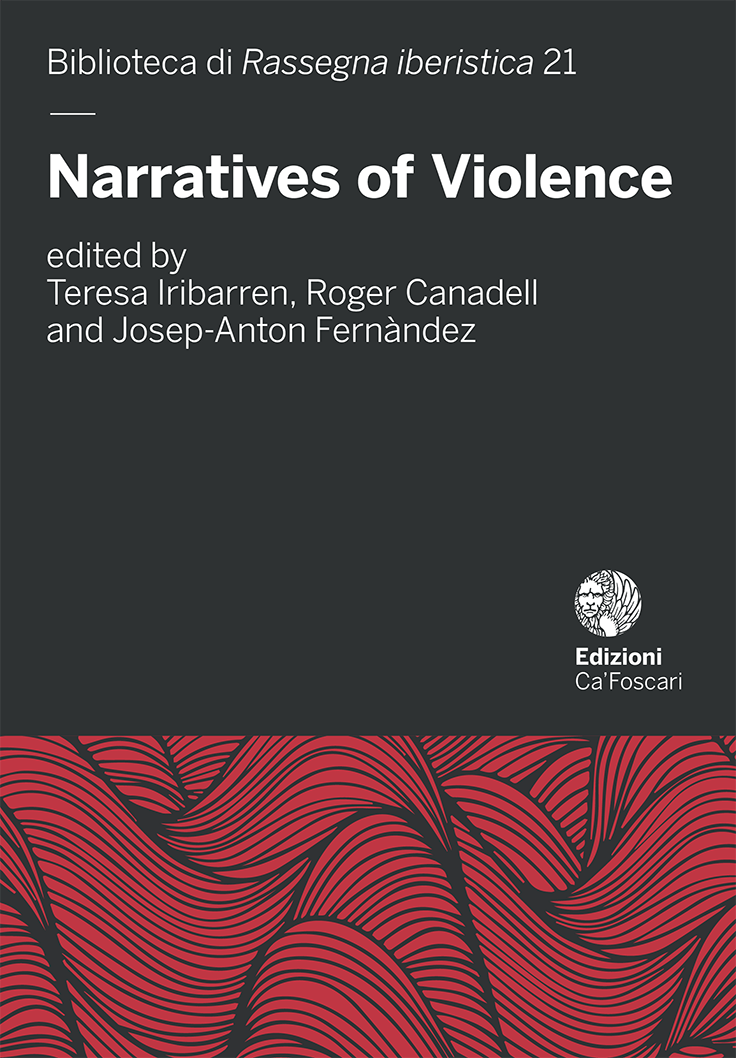- search 115 views
- file_download 20 download
- keyboard_capslock metadata
-
mark_email_readIscriviti alla newsletter
Dislocated Temporalities
Immigration, Sexuality, and Violence in Najat El Hachmi’s L’últim patriarca
abstract
Recent Catalan criticism has focused on place and space, but has overlooked temporality. Yet migrations are not only a matter of space, but also of time: immigration questions the idea of origins and the possibility of a shared future. Temporality, in fact, is a key axis in the formation of identities and in cultural conflicts, also in relation to the normative uses of the body. The coexistence of asynchronous temporalities provoked by immigration is a factor in both cultural and psychic conflict. Najat El Hachmi’s novel L’últim patriarca (2008) is an excellent example of these phenomena. Through a dialogue with the Catalan literary tradition and a focus on the shattering effects of anal sexuality, the novel problematizes biological reproduction and gender subordination, and challenges patriarchal temporality, understood as a succession of generations. This essay offers an integrated analysis of these issues by reference to psychoanalysis.
Keywords: Catalan literature • Temporality • Anal sex • Jean Laplanche • Immigration • Psychoanalysis • Najat El Hachmi





